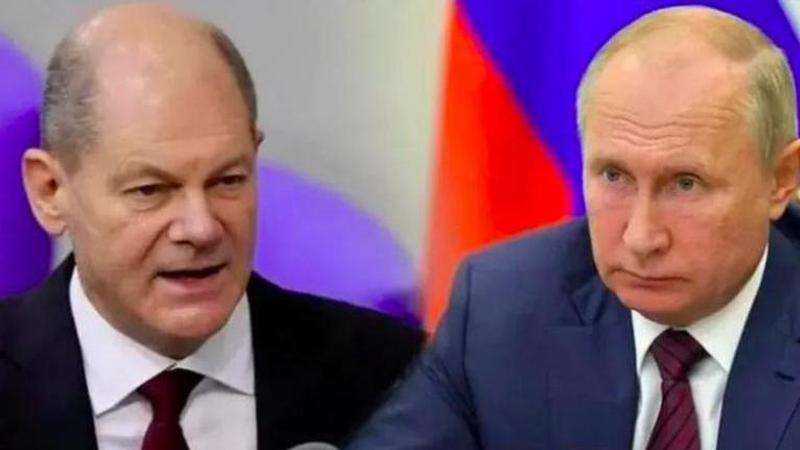Published 10:06 IST, December 3rd 2022
Germany says it wants post-conflict ‘agreements’ with Russia; ‘We have to go back’
“We have to go back to the agreements which we had in the last decades and which were the basis for peace and security order in Europe,” Scholz said.

German Chancellor Olaf Scholz on Friday said that the revival of post-Cold War security agreements with Russia were necessary to restore peace in the European region. While German Chancellor Scholz refused the prospects of returning to the past “partnership” with Moscow, he agreed and apparently displayed a willingness to work with Moscow in the future, Times UK report.
“We have to go back to the agreements which we had in the last decades and which were the basis for peace and security order in Europe,” Scholz said at the Berlin Security Conference.
Some degree of 'willingness' in Berlin to have partnership with Russia: Scholz
According to the German chancellor, there was still some degree of “willingness” in Berlin to discuss arms control and missile deployment treaties with Moscow. Although he noted at the conference that this “peace order” would depend on Russia making some significant concessions and not Ukraine. Russia meanwhile would come to the negotation table given that “there is no aggression coming from NATO," Russian press RT iterated.
Russia's President Vladimir Putin had accused NATO of fulfilling its regional expansionist agenda since the 1990s that he asserted threatens Russia’s security and sovereignty. Putin lambasted NATO for bringing the weapons to Russia's doorstep weeks after he ordered the military intervention in Ukraine.
While Germany agreed to ink some agreements with the former Soviet Union, the chancellor reiterated his “support Ukraine for as long as it takes," echoing the pledge by the European allies, and the US. he clarified that Germany will not return to the pre-war partnership with Russia in terms of energy and gas reliance as Moscow achieved the Europe-wide dominance. Former UK premier Boris Johnson claimed that Germany was hesitant to join the EU’s anti-Russian sanctions and the sabotage of the Nord Stream pipelines. German government reckoned “it would be better for the whole thing to be over quickly, and for Ukraine to fold," Johnson said. The German government, meanwhile, labelled the former UK prime minister's claims as “utter nonsense."
Updated 10:07 IST, December 3rd 2022




